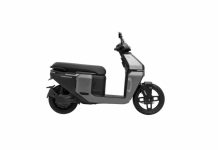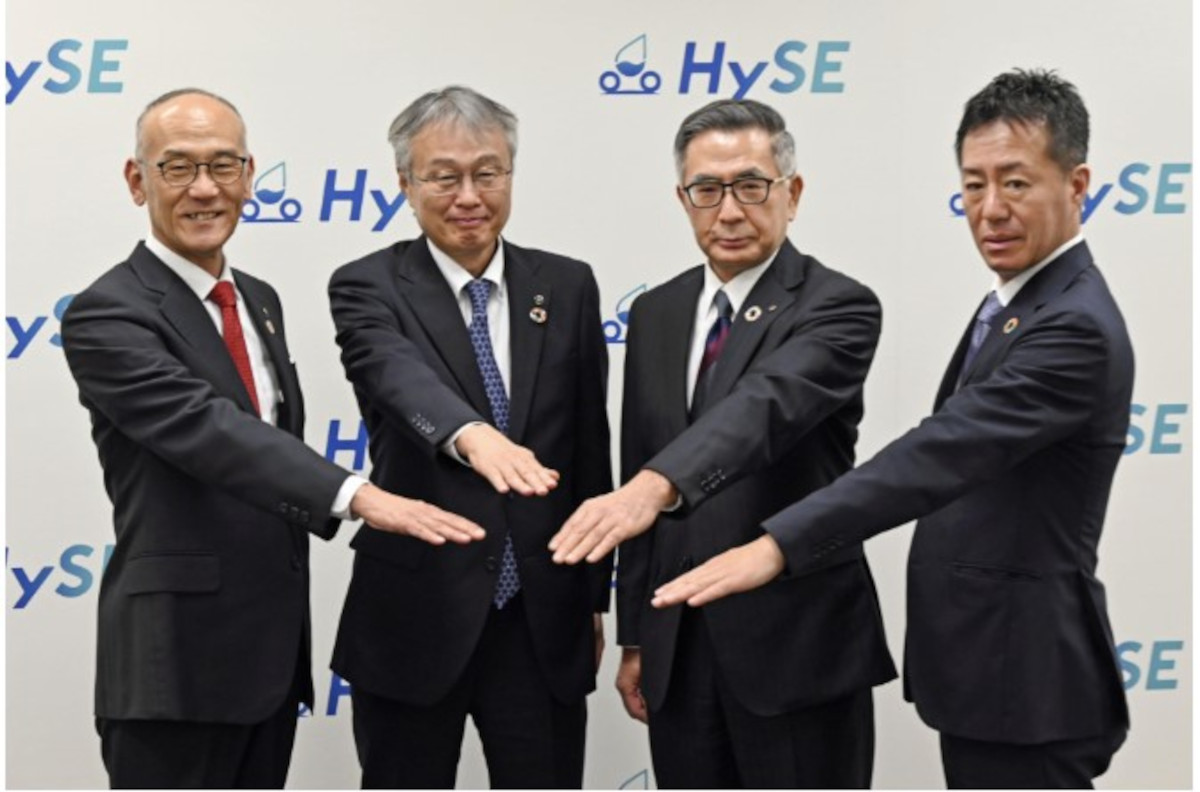The newly formed HySE organization will primarily focus on the development of hydrogen-powered motorcycle engines and other hydrogen-powered engines for small mobility needs. The companies announced a plan to pursue three primary research and development areas, with responsibilities divided among the four OEMs as follows:
Research
1. Engine Development: Honda and Kawasaki will be responsible for developing hydrogen-powered motorcycle engines. They will collaborate on designing and engineering efficient, powerful, and environmentally friendly engines, leveraging their motorcycle manufacturing and engine technology expertise.
2. Fuel Cell Technology: Suzuki and Yamaha will focus on advancing fuel cell technology for small mobility applications. Fuel cells generate electricity through a chemical reaction between hydrogen and oxygen, producing water vapour as the only emission. Suzuki and Yamaha will work together to enhance fuel cell performance, durability, and safety, incorporating them into small mobility vehicles.
Infra
3. Infrastructure and Standardization: Toyota and Kawasaki Heavy Industries Limited will contribute to developing hydrogen infrastructure and standardization efforts. They will leverage their experience and knowledge in hydrogen-related research to support the establishment of a reliable hydrogen supply chain, fueling stations, and standardized protocols for hydrogen-powered vehicles.
By dividing responsibilities into these areas, the HySE organization aims to foster collaboration and accelerate the development of hydrogen-powered engines and technology for small mobility, ensuring a comprehensive approach to adopting hydrogen as a clean energy source in the motorcycle industry and beyond.
Plan
The plans laid out by HySE (Hydrogen Society of Energy) and the involvement of Honda, Suzuki, Yamaha, and Kawasaki Motors in the research and development of hydrogen-powered engines and related infrastructure. It’s a collaborative effort that shows the recognition of the need for multiple approaches to decarbonization.
The focus on the model-based development of hydrogen-powered engines by Honda and the element study on functionality, performance, and reliability by Suzuki demonstrate a commitment to improving the technology behind hydrogen engines. Meanwhile, Yamaha and Kawasaki Motors will conduct hands-on research to assess hydrogen-powered engines’ real-world functionality, performance, and reliability.
Hydrogen refuelling
In addition to engine development, Yamaha will study the requirements for developing a hydrogen refuelling system and hydrogen tanks for motorcycles and other vehicles. On the other hand, Kawasaki Motors will study the auxiliary equipment and fuel supply systems required for hydrogen distribution and the equipment needed between fuel tanks and injectors in hydrogen-powered vehicles.
Cost
Clean hydrogen development has been limited due to its high production cost. However, implementing the hydrogen tax credit in the Inflation Reduction Act of 2022, as the US National Resources Defense Council mentioned, could incentivize clean hydrogen development for companies.
The guidelines established by the US Department of Energy and the US Internal Revenue Service for hydrogen-producing companies will play a crucial role in ensuring emissions are appropriately accounted for throughout the production process.
Exciting times
Seeing the progress made by HySE and its member companies is exciting. The research and development efforts and the potential incentives provided by government policies are steps toward achieving decarbonization and reducing carbon emissions. We will continue to monitor the latest developments and provide updates on HySE’s progress.
Source: NRDC,Kyodo News and Honda
































